- Home
- Packaging Products
- Hexagonal Hermetic Jars Market Size, Future Growth and Forecast 2033
Hexagonal Hermetic Jars Market Size, Future Growth and Forecast 2033
Hexagonal Hermetic Jars Market Segments - by Material (Glass, Plastic, Metal), Application (Food & Beverages, Pharmaceuticals, Cosmetics, Chemicals, Others), Capacity (Small, Medium, Large), End-User (Household, Commercial, Industrial), and Region (North America, Europe, Asia Pacific, Latin America, Middle East & Africa) - Market Dynamics, Growth Opportunities, Strategic Drivers, and PESTLE Outlook (2025–2033)
Hexagonal Hermetic Jars Market Outlook
The hexagonal hermetic jars market was valued at $1.2 billion in 2024 and is projected to reach $2.3 billion by 2033, growing at a CAGR of 6.5% during the forecast period 2025-2033. These jars are gaining popularity due to their unique shape, which not only enhances aesthetic appeal but also optimizes storage space. The demand is driven by the increasing need for airtight packaging solutions in various sectors such as food and beverages, pharmaceuticals, and cosmetics. The market is also benefiting from the rising consumer preference for sustainable and Reusable Packaging options, which hexagonal hermetic jars can provide due to their durability and reusability.
However, the market faces challenges such as the high cost of production and the availability of alternative packaging solutions that are more cost-effective. Regulatory constraints regarding the use of certain materials in packaging, especially in the food and pharmaceutical sectors, also pose a significant barrier to market growth. Despite these challenges, the market holds substantial growth potential, particularly with advancements in material technology and the increasing trend towards eco-friendly packaging solutions.
Report Scope
| Attributes | Details |
| Report Title | Hexagonal Hermetic Jars Market Size, Future Growth and Forecast 2033 |
| Base Year | 2024 |
| Historic Data | 2017-2023 |
| Forecast Period | 2025-2033 |
| Number of Pages | 165 |
| Material | Glass, Plastic, Metal |
| Application | Food & Beverages, Pharmaceuticals, Cosmetics, Chemicals, Others |
| Capacity | Small, Medium, Large |
| End-User | Household, Commercial, Industrial |
| Customization Available | Yes* |
Opportunities & Threats
The hexagonal hermetic jars market presents numerous opportunities, particularly in the food and beverage industry. As consumers become more health-conscious, there is a growing demand for packaging that can preserve the freshness and quality of food products. Hexagonal hermetic jars, with their airtight sealing capabilities, are well-suited to meet this demand. Additionally, the rise of e-commerce and online grocery shopping has increased the need for durable and reliable packaging solutions that can withstand the rigors of shipping and handling. This trend is expected to drive further demand for hexagonal hermetic jars in the coming years.
Another significant opportunity lies in the cosmetics and personal care industry. With the increasing focus on sustainability and eco-friendly packaging, hexagonal hermetic jars made from recyclable materials are gaining traction. These jars not only offer a unique and attractive packaging solution but also align with the growing consumer preference for environmentally responsible products. As more companies in the cosmetics industry adopt sustainable practices, the demand for hexagonal hermetic jars is likely to increase.
Despite the opportunities, the market faces certain threats that could hinder its growth. One of the primary challenges is the high cost associated with the production of hexagonal hermetic jars, particularly those made from premium materials like glass and metal. Additionally, the presence of alternative packaging solutions, such as Flexible Packaging and traditional round jars, which are often more cost-effective, poses a competitive threat. Companies in the hexagonal hermetic jars market need to focus on innovation and cost reduction strategies to remain competitive.
The hexagonal hermetic jars market is characterized by a competitive landscape with several key players vying for market share. The market is dominated by a few large companies, but there is also a significant presence of small and medium-sized enterprises that contribute to the market dynamics. The competitive landscape is shaped by factors such as product innovation, pricing strategies, and distribution networks. Companies that can effectively leverage these factors are likely to gain a competitive edge in the market.
Leading companies in the hexagonal hermetic jars market include Ball Corporation, Owens-Illinois Inc., and Ardagh Group. Ball Corporation is known for its extensive product portfolio and strong distribution network, which allows it to maintain a significant market share. Owens-Illinois Inc. is a major player in the glass packaging segment, offering a wide range of hexagonal hermetic jars that cater to various industries. Ardagh Group, with its focus on sustainability and innovation, has also established a strong presence in the market.
Other notable companies include Amcor Limited, which is recognized for its innovative packaging solutions and commitment to sustainability. The company has been actively expanding its product offerings in the hexagonal hermetic jars segment to cater to the growing demand for eco-friendly packaging. Similarly, Gerresheimer AG, a leading provider of Pharmaceutical Packaging solutions, has been focusing on expanding its product portfolio to include hexagonal hermetic jars for the pharmaceutical industry.
Key Highlights Hexagonal Hermetic Jars Market

- Increasing demand for sustainable and eco-friendly packaging solutions.
- Rising popularity of hexagonal hermetic jars in the food and beverage industry.
- Growing adoption of hexagonal hermetic jars in the cosmetics and personal care sector.
- Advancements in material technology enhancing product durability and functionality.
- Expansion of e-commerce driving demand for durable packaging solutions.
- Regulatory constraints impacting material choices in packaging.
- High production costs posing a challenge to market growth.
- Presence of alternative packaging solutions offering competitive pricing.
- Focus on product innovation and cost reduction strategies by key players.
- Strong presence of small and medium-sized enterprises contributing to market dynamics.
Competitive Intelligence
The competitive landscape of the hexagonal hermetic jars market is shaped by several key players, each with its unique strengths and strategies. Ball Corporation, a leader in the packaging industry, has leveraged its extensive distribution network and product innovation to maintain a strong market position. The company's focus on sustainability and eco-friendly packaging solutions has also contributed to its competitive edge.
Owens-Illinois Inc., a major player in the glass packaging segment, has capitalized on its expertise in glass manufacturing to offer a wide range of hexagonal hermetic jars. The company's commitment to quality and innovation has helped it secure a significant market share. Ardagh Group, known for its focus on sustainability, has been actively expanding its product offerings to cater to the growing demand for eco-friendly packaging solutions.
Amcor Limited, with its innovative packaging solutions and commitment to sustainability, has been a key player in the hexagonal hermetic jars market. The company's focus on expanding its product portfolio and enhancing its distribution network has helped it maintain a competitive position. Gerresheimer AG, a leading provider of pharmaceutical packaging solutions, has been focusing on expanding its product offerings to include hexagonal hermetic jars for the pharmaceutical industry.
Other notable players in the market include Berry Global Inc., which has been focusing on product innovation and cost reduction strategies to remain competitive. The company's strong presence in the North American market has also contributed to its market position. Similarly, Silgan Holdings Inc., with its focus on product quality and customer satisfaction, has been able to maintain a strong market presence.
Regional Market Intelligence of Hexagonal Hermetic Jars
The global hexagonal hermetic jars market is segmented into several key regions, including North America, Europe, Asia-Pacific, Latin America, and Middle East & Africa. Each region presents unique growth opportunities and challenges, driven by factors such as consumer preferences, regulatory environment, and economic conditions.
In North America, the market is driven by the increasing demand for Sustainable Packaging solutions and the growing popularity of e-commerce. The region's well-established distribution networks and strong presence of key players also contribute to market growth. In Europe, the market is characterized by a strong focus on sustainability and eco-friendly packaging solutions. The region's stringent regulatory environment and consumer preference for high-quality packaging drive demand for hexagonal hermetic jars.
The Asia-Pacific region is expected to witness significant growth, driven by the rising demand for packaging solutions in the food and beverage industry. The region's growing population and increasing disposable income levels also contribute to market growth. In Latin America, the market is driven by the increasing adoption of hexagonal hermetic jars in the cosmetics and personal care industry. The region's growing focus on sustainability and eco-friendly packaging solutions also presents growth opportunities.
In the Middle East & Africa, the market is characterized by the increasing demand for durable and reliable packaging solutions. The region's growing focus on sustainability and eco-friendly packaging solutions also presents growth opportunities. However, the market faces challenges such as the high cost of production and the presence of alternative packaging solutions.
Top Countries Insights in Hexagonal Hermetic Jars
The hexagonal hermetic jars market is witnessing significant growth in several key countries, driven by factors such as consumer preferences, regulatory environment, and economic conditions. In the United States, the market is driven by the increasing demand for sustainable packaging solutions and the growing popularity of e-commerce. The country's well-established distribution networks and strong presence of key players also contribute to market growth.
In Germany, the market is characterized by a strong focus on sustainability and eco-friendly packaging solutions. The country's stringent regulatory environment and consumer preference for high-quality packaging drive demand for hexagonal hermetic jars. In China, the market is expected to witness significant growth, driven by the rising demand for packaging solutions in the food and beverage industry. The country's growing population and increasing disposable income levels also contribute to market growth.
In Brazil, the market is driven by the increasing adoption of hexagonal hermetic jars in the cosmetics and personal care industry. The country's growing focus on sustainability and eco-friendly packaging solutions also presents growth opportunities. In South Africa, the market is characterized by the increasing demand for durable and reliable packaging solutions. The country's growing focus on sustainability and eco-friendly packaging solutions also presents growth opportunities.
Hexagonal Hermetic Jars Market Segments Insights

Material Analysis
The hexagonal hermetic jars market is segmented by material into glass, plastic, and metal. Glass jars are favored for their aesthetic appeal and ability to preserve the freshness of contents, making them popular in the food and beverage industry. However, the high cost and fragility of glass can be a drawback. Plastic Jars, on the other hand, offer durability and cost-effectiveness, making them suitable for a wide range of applications. Metal jars, while less common, provide excellent durability and are often used in industrial applications where strength and resistance to external factors are crucial.
Application Analysis
The application segment of the hexagonal hermetic jars market includes food and beverages, pharmaceuticals, cosmetics, chemicals, and others. The food and beverage industry is the largest consumer of hexagonal hermetic jars, driven by the need for airtight packaging solutions that preserve the freshness and quality of products. The pharmaceutical industry also presents significant growth opportunities, as these jars provide a reliable solution for storing sensitive medications. In the cosmetics industry, the unique shape and aesthetic appeal of hexagonal hermetic jars make them a popular choice for packaging premium products.
Capacity Analysis
The market is segmented by capacity into small, medium, and large jars. Small jars are commonly used for packaging individual servings or small quantities of products, making them popular in the food and beverage industry. Medium jars are versatile and can be used for a wide range of applications, from food storage to Cosmetics Packaging. Large jars are typically used in industrial applications where bulk storage is required. The choice of capacity often depends on the specific needs of the end-user and the intended application.
End-User Analysis
The end-user segment of the hexagonal hermetic jars market includes household, commercial, and industrial users. Household users primarily use these jars for food storage and preservation, driven by the need for airtight and durable packaging solutions. Commercial users, such as restaurants and cafes, use hexagonal hermetic jars for storing ingredients and serving food. Industrial users, on the other hand, require durable and reliable packaging solutions for storing chemicals and other industrial products. The demand from each end-user segment is influenced by factors such as consumer preferences, regulatory requirements, and economic conditions.
Market Share Analysis
The market share distribution of key players in the hexagonal hermetic jars market is influenced by factors such as product innovation, pricing strategies, and distribution networks. Leading companies like Ball Corporation, Owens-Illinois Inc., and Ardagh Group have established strong market positions through their extensive product portfolios and focus on sustainability. These companies are gaining market share by leveraging their strengths in product innovation and distribution. However, smaller companies and new entrants are also making inroads by offering competitive pricing and niche products. The market share distribution affects pricing, innovation, and partnerships, as companies strive to differentiate themselves and capture a larger share of the market.
Hexagonal Hermetic Jars Market Segments
The Hexagonal Hermetic Jars market has been segmented on the basis of
Material
- Glass
- Plastic
- Metal
Application
- Food & Beverages
- Pharmaceuticals
- Cosmetics
- Chemicals
- Others
Capacity
- Small
- Medium
- Large
End-User
- Household
- Commercial
- Industrial
Primary Interview Insights
What is driving the demand for hexagonal hermetic jars?
What challenges does the hexagonal hermetic jars market face?
How are companies in the market addressing sustainability?
Which regions are expected to see the most growth?
What role does innovation play in the market?
Latest Reports
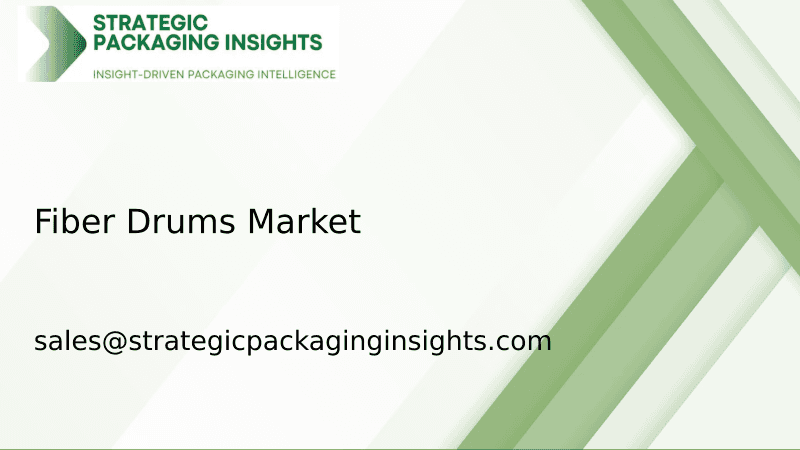
The fiber drums market was valued at $1.2 billion in 2024 and is projected to reach $2.1 billion by 2033, growing at a CAGR of 6.5% during the forecast period 2025–2033.
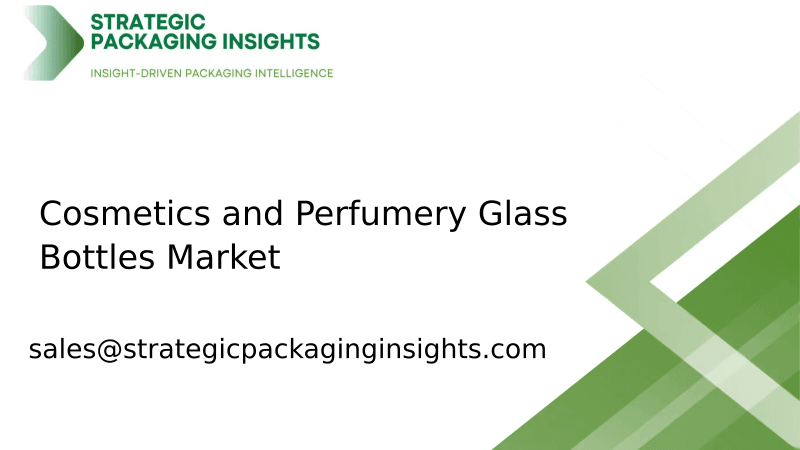
The cosmetics and perfumery glass bottles market was valued at $1.5 billion in 2024 and is projected to reach $2.3 billion by 2033, growing at a CAGR of 4.8% during the forecast period 2025–2033.

The medical devices packaging market was valued at $25 billion in 2024 and is projected to reach $40 billion by 2033, growing at a CAGR of 5.5% during the forecast period 2025–2033.
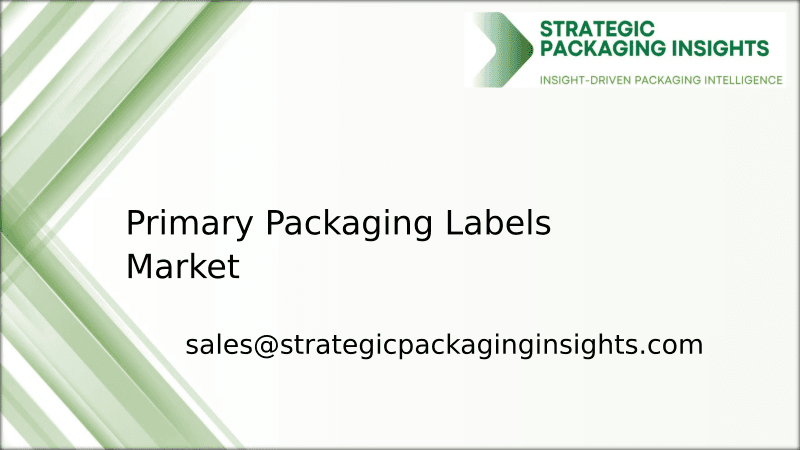
The primary packaging labels market was valued at $35 billion in 2024 and is projected to reach $55 billion by 2033, growing at a CAGR of 5.2% during the forecast period 2025–2033.

The corrugated board packaging market was valued at $250 billion in 2024 and is projected to reach $380 billion by 2033, growing at a CAGR of 4.5% during the forecast period 2025–2033.
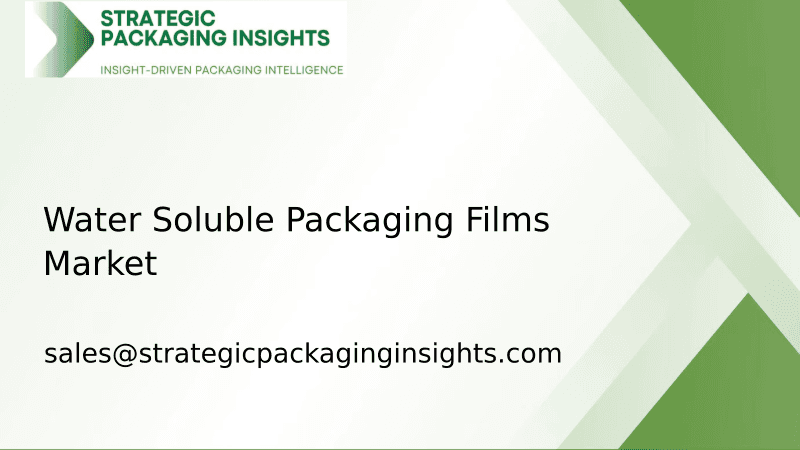
The Water Soluble Packaging Films market was valued at $2.8 billion in 2024 and is projected to reach $5.6 billion by 2033, growing at a CAGR of 8.1% during the forecast period 2025–2033.

The Aluminium Foil Packaging market was valued at $25 billion in 2024 and is projected to reach $40 billion by 2033, growing at a CAGR of 5.5% during the forecast period 2025–2033.

The self-heating food packaging market was valued at $4.5 billion in 2024 and is projected to reach $7.8 billion by 2033, growing at a CAGR of 6.2% during the forecast period 2025–2033.

The Smart Container market was valued at $2.5 billion in 2024 and is projected to reach $8.7 billion by 2033, growing at a CAGR of 14.5% during the forecast period 2025–2033.

The Automatic Labeling Machine market was valued at $2.5 billion in 2024 and is projected to reach $4.8 billion by 2033, growing at a CAGR of 7.2% during the forecast period 2025–2033.

The Hot Melt Glue Labeler market was valued at $1.2 billion in 2024 and is projected to reach $2.3 billion by 2033, growing at a CAGR of 6.5% during the forecast period 2025–2033.

The Ethical Label market was valued at $1.5 billion in 2024 and is projected to reach $3.2 billion by 2033, growing at a CAGR of 8.5% during the forecast period 2025–2033.

The Packaging Tensioner market was valued at $1.2 billion in 2024 and is projected to reach $2.3 billion by 2033, growing at a CAGR of 6.5% during the forecast period 2025–2033.
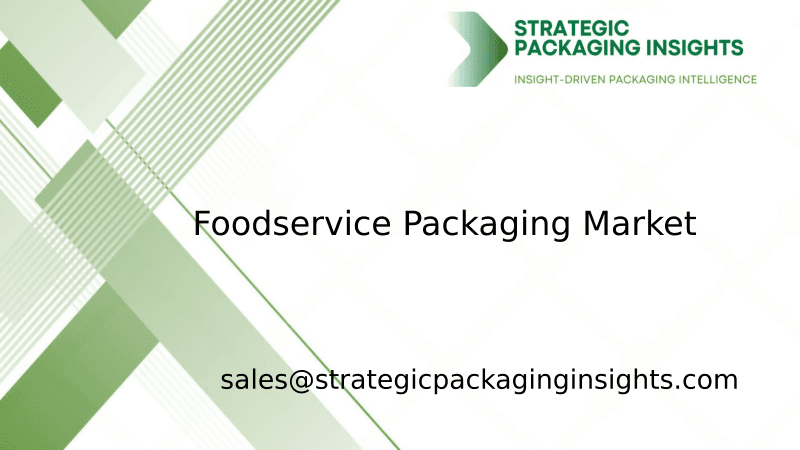
The foodservice packaging market was valued at $120 billion in 2024 and is projected to reach $180 billion by 2033, growing at a CAGR of 4.5% during the forecast period 2025–2033.

The nano-enabled packaging market was valued at $15.2 billion in 2024 and is projected to reach $35.6 billion by 2033, growing at a CAGR of 9.5% during the forecast period 2025–2033.
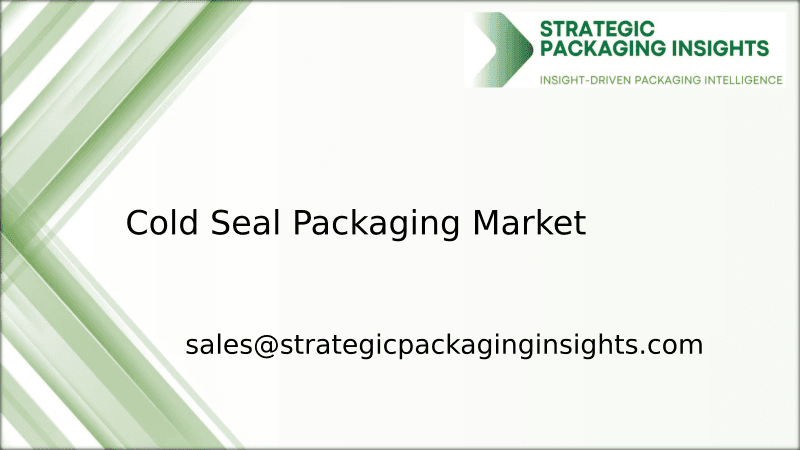
The Cold Seal Packaging market was valued at $1.5 billion in 2024 and is projected to reach $2.3 billion by 2033, growing at a CAGR of 4.8% during the forecast period 2025–2033.

The Transparent Barrier Packaging Films market was valued at $12.5 billion in 2024 and is projected to reach $20.3 billion by 2033, growing at a CAGR of 5.8% during the forecast period 2025–2033.
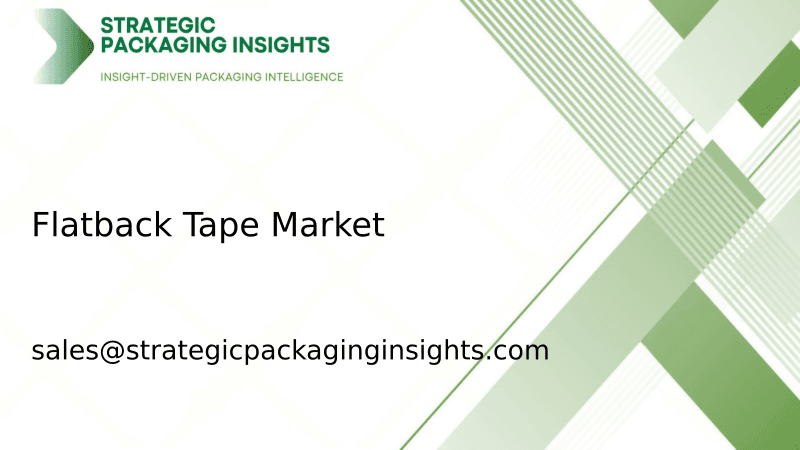
The Flatback Tape market was valued at $2.5 billion in 2024 and is projected to reach $4.1 billion by 2033, growing at a CAGR of 5.8% during the forecast period 2025–2033.
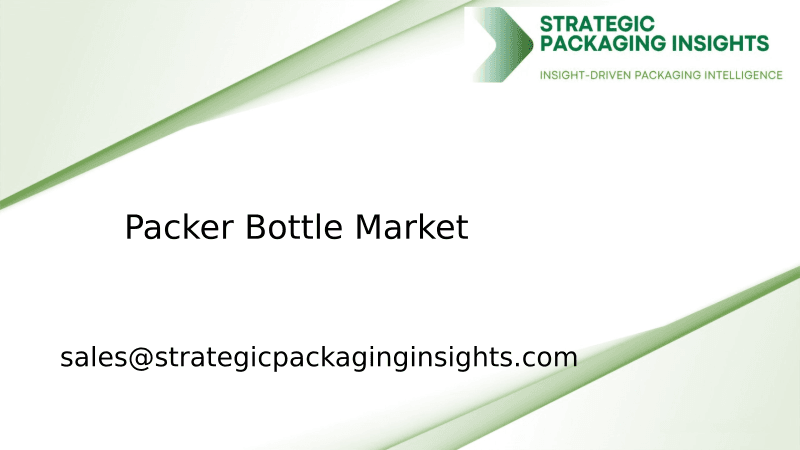
The packer bottle market was valued at $3.5 billion in 2024 and is projected to reach $5.8 billion by 2033, growing at a CAGR of 5.2% during the forecast period 2025–2033.
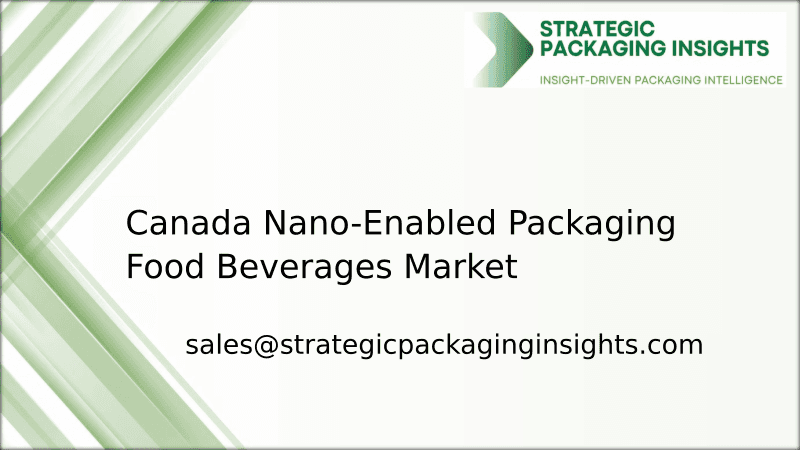
The Canada Nano-Enabled Packaging Food Beverages market was valued at $1.2 billion in 2024 and is projected to reach $3.5 billion by 2033, growing at a CAGR of 12.5% during the forecast period 2025–2033.
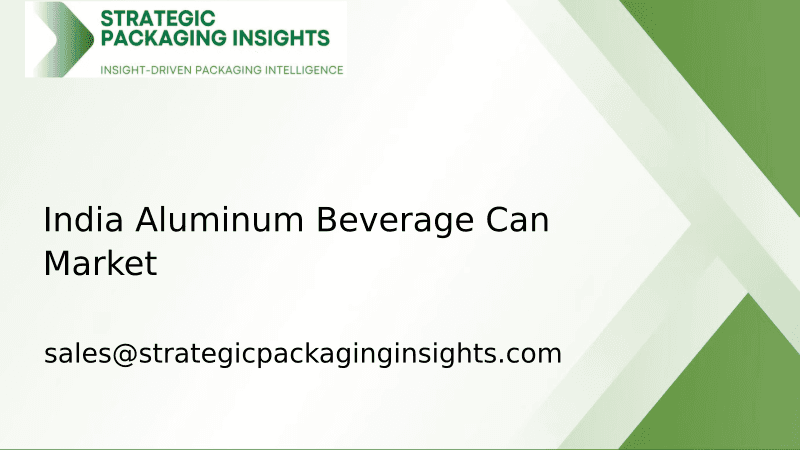
The India Aluminum Beverage Can market was valued at $1.2 billion in 2024 and is projected to reach $2.5 billion by 2033, growing at a CAGR of 8.5% during the forecast period 2025–2033.
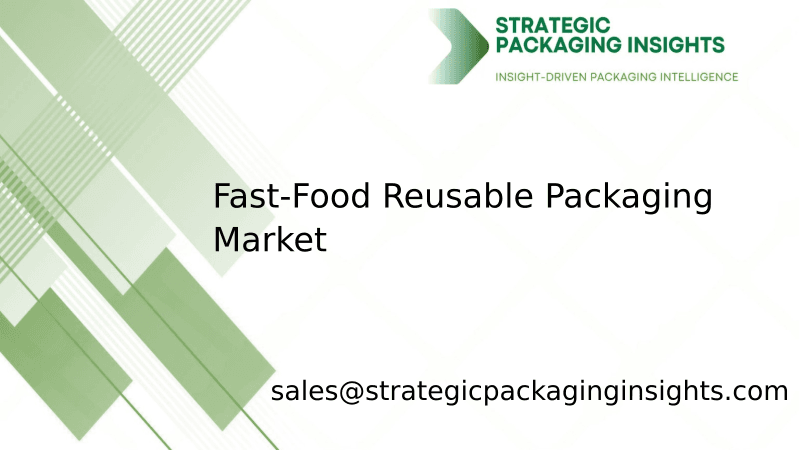
The fast-food reusable packaging market was valued at $1.2 billion in 2024 and is projected to reach $3.5 billion by 2033, growing at a CAGR of 12.5% during the forecast period 2025–2033.
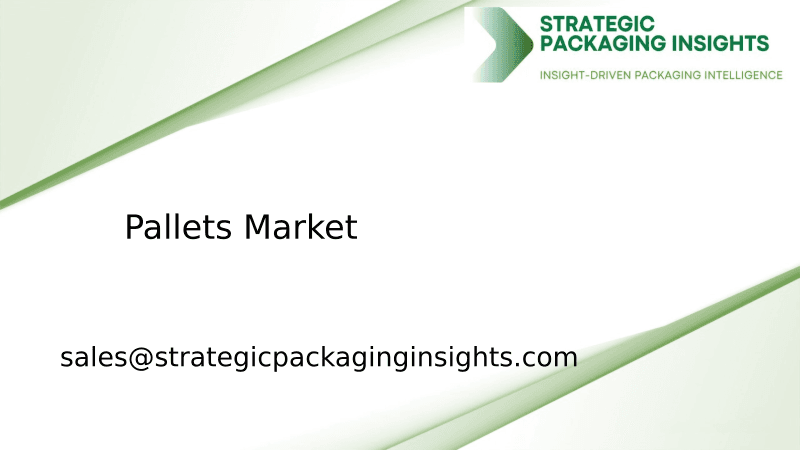
The pallets market was valued at $59.91 billion in 2024 and is projected to reach $88.69 billion by 2033, growing at a CAGR of 4.5% during the forecast period 2025–2033.

The lamination adhesives market was valued at $2.5 billion in 2024 and is projected to reach $4.1 billion by 2033, growing at a CAGR of 5.8% during the forecast period 2025–2033.

The garment packing machine market was valued at $1.2 billion in 2024 and is projected to reach $2.5 billion by 2033, growing at a CAGR of 8.5% during the forecast period 2025–2033.

The fiber drums market was valued at $1.2 billion in 2024 and is projected to reach $2.1 billion by 2033, growing at a CAGR of 6.5% during the forecast period 2025–2033.

The cosmetics and perfumery glass bottles market was valued at $1.5 billion in 2024 and is projected to reach $2.3 billion by 2033, growing at a CAGR of 4.8% during the forecast period 2025–2033.

The medical devices packaging market was valued at $25 billion in 2024 and is projected to reach $40 billion by 2033, growing at a CAGR of 5.5% during the forecast period 2025–2033.

The primary packaging labels market was valued at $35 billion in 2024 and is projected to reach $55 billion by 2033, growing at a CAGR of 5.2% during the forecast period 2025–2033.

The corrugated board packaging market was valued at $250 billion in 2024 and is projected to reach $380 billion by 2033, growing at a CAGR of 4.5% during the forecast period 2025–2033.

The Water Soluble Packaging Films market was valued at $2.8 billion in 2024 and is projected to reach $5.6 billion by 2033, growing at a CAGR of 8.1% during the forecast period 2025–2033.

The Aluminium Foil Packaging market was valued at $25 billion in 2024 and is projected to reach $40 billion by 2033, growing at a CAGR of 5.5% during the forecast period 2025–2033.

The self-heating food packaging market was valued at $4.5 billion in 2024 and is projected to reach $7.8 billion by 2033, growing at a CAGR of 6.2% during the forecast period 2025–2033.

The Smart Container market was valued at $2.5 billion in 2024 and is projected to reach $8.7 billion by 2033, growing at a CAGR of 14.5% during the forecast period 2025–2033.

The Automatic Labeling Machine market was valued at $2.5 billion in 2024 and is projected to reach $4.8 billion by 2033, growing at a CAGR of 7.2% during the forecast period 2025–2033.

The Hot Melt Glue Labeler market was valued at $1.2 billion in 2024 and is projected to reach $2.3 billion by 2033, growing at a CAGR of 6.5% during the forecast period 2025–2033.

The Ethical Label market was valued at $1.5 billion in 2024 and is projected to reach $3.2 billion by 2033, growing at a CAGR of 8.5% during the forecast period 2025–2033.

The Packaging Tensioner market was valued at $1.2 billion in 2024 and is projected to reach $2.3 billion by 2033, growing at a CAGR of 6.5% during the forecast period 2025–2033.

The foodservice packaging market was valued at $120 billion in 2024 and is projected to reach $180 billion by 2033, growing at a CAGR of 4.5% during the forecast period 2025–2033.

The nano-enabled packaging market was valued at $15.2 billion in 2024 and is projected to reach $35.6 billion by 2033, growing at a CAGR of 9.5% during the forecast period 2025–2033.

The Cold Seal Packaging market was valued at $1.5 billion in 2024 and is projected to reach $2.3 billion by 2033, growing at a CAGR of 4.8% during the forecast period 2025–2033.

The Transparent Barrier Packaging Films market was valued at $12.5 billion in 2024 and is projected to reach $20.3 billion by 2033, growing at a CAGR of 5.8% during the forecast period 2025–2033.

The Flatback Tape market was valued at $2.5 billion in 2024 and is projected to reach $4.1 billion by 2033, growing at a CAGR of 5.8% during the forecast period 2025–2033.

The packer bottle market was valued at $3.5 billion in 2024 and is projected to reach $5.8 billion by 2033, growing at a CAGR of 5.2% during the forecast period 2025–2033.

The Canada Nano-Enabled Packaging Food Beverages market was valued at $1.2 billion in 2024 and is projected to reach $3.5 billion by 2033, growing at a CAGR of 12.5% during the forecast period 2025–2033.

The India Aluminum Beverage Can market was valued at $1.2 billion in 2024 and is projected to reach $2.5 billion by 2033, growing at a CAGR of 8.5% during the forecast period 2025–2033.

The fast-food reusable packaging market was valued at $1.2 billion in 2024 and is projected to reach $3.5 billion by 2033, growing at a CAGR of 12.5% during the forecast period 2025–2033.

The pallets market was valued at $59.91 billion in 2024 and is projected to reach $88.69 billion by 2033, growing at a CAGR of 4.5% during the forecast period 2025–2033.

The lamination adhesives market was valued at $2.5 billion in 2024 and is projected to reach $4.1 billion by 2033, growing at a CAGR of 5.8% during the forecast period 2025–2033.

The garment packing machine market was valued at $1.2 billion in 2024 and is projected to reach $2.5 billion by 2033, growing at a CAGR of 8.5% during the forecast period 2025–2033.
